
It rarely happens overnight. Love doesn’t suddenly vanish–it fades in small, quiet ways long before anyone says, “I don’t feel the same anymore.” The truth is, relationships start unraveling in subtle moments: the pauses in conversation, the emotional distance that grows one unspoken word at a time. Recognizing these early signs can save you from blindsiding heartbreak–or help you decide if it’s time to let go.
Conversations Feel More Like Chores Than Connections

When love is alive, conversation flows naturally–even mundane topics feel interesting because you’re emotionally tuned in. But when it fades, dialogue becomes mechanical or forced. You catch yourself replying with short answers, distracted, or avoiding deeper talks altogether. It’s not just silence; it’s emotional disinterest. Try to notice if you’re listening out of obligation, not curiosity–that’s usually one of the first cracks.
You Stop Sharing Small Wins and Daily Details

Once upon a time, you couldn’t wait to tell your partner about your day–the annoying coworker, the great coffee, the tiny promotion. But now, those little updates feel unnecessary. This shift matters because emotional intimacy is built on those micro-moments of sharing. When you stop letting your partner into your inner world, emotional distance starts to grow like quiet static between you.
Physical Affection Becomes Rare or Routine

It’s not about the quantity of sex–it’s about warmth. When love fades, even simple gestures like holding hands, hugging, or leaning in close start to disappear. Physical affection turns into a checklist or vanishes altogether. Touch is one of the strongest nonverbal ways humans communicate love; when it’s missing, it often signals emotional disconnection underneath.
You Feel Relieved When You’re Apart

Spending time apart in healthy doses is normal. But when solitude starts feeling like relief rather than balance, that’s different. You might find yourself looking forward to business trips, nights out with friends, or even errands–anything that gives you space. That “lightness” is often your mind’s way of telling you that the relationship has become emotionally draining.
You Argue About Everything–Or Nothing at All

Two extremes show up when love fades: constant bickering or eerie quiet. When couples stop caring, fights lose their emotional weight because the drive to repair is gone. Or, every small issue becomes a battlefield because resentment has taken over connection. Pay attention to whether the goal of your arguments is to solve things–or just to win.
You Don’t Daydream About a Future Together Anymore
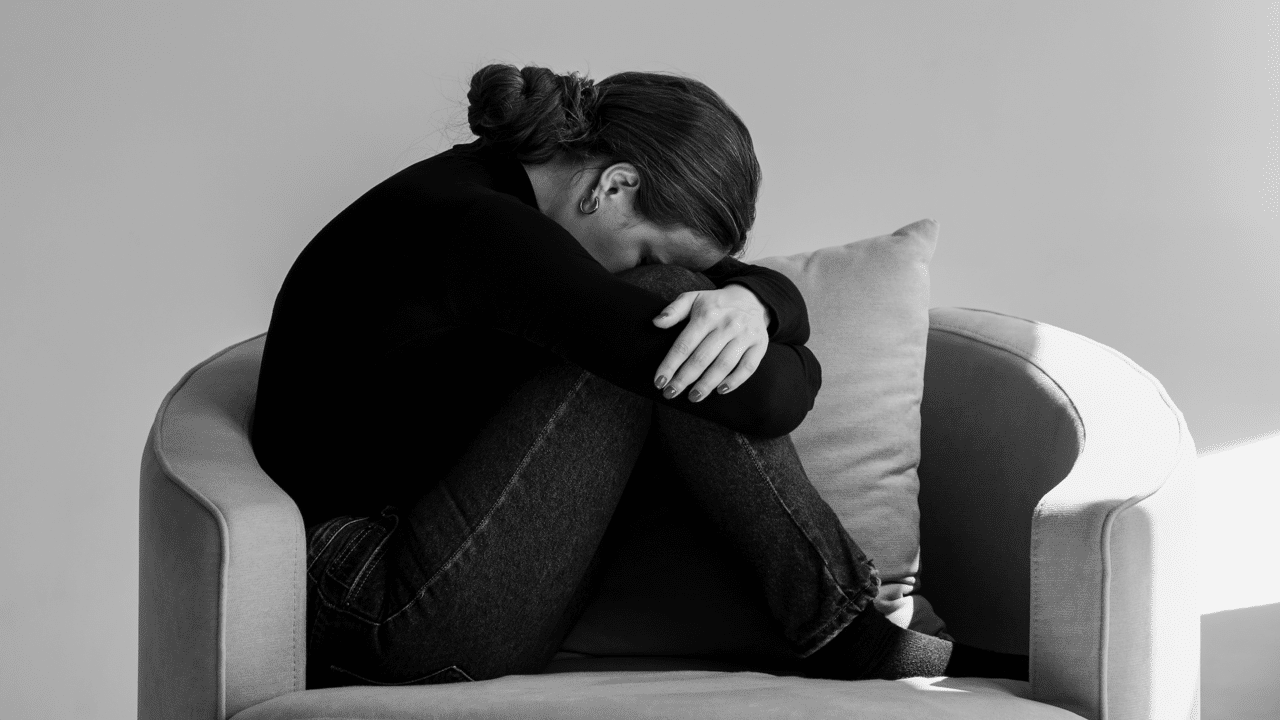
When you love someone deeply, you naturally imagine the future with them–vacations, a home, plans for next year. But when those images fade, it’s a quiet but telling shift. You might avoid long-term talks or feel uneasy when your partner mentions future plans. Love thrives on shared vision; when that disappears, so does the emotional glue that holds two people together.
Their Flaws Suddenly Feel Unbearable

The little quirks you once found endearing now get under your skin. That’s not about them changing–it’s about your perspective shifting. When affection fades, patience goes with it. Instead of seeing your partner as a whole person, you start fixating on their flaws. It’s a subtle mental detachment that often precedes emotional withdrawal.
Compliments and Appreciation Fade Away

Healthy relationships are fueled by gratitude. When you stop noticing or acknowledging what your partner does right, it’s a red flag. You might assume they “already know” you care, but love needs reinforcement. If appreciation feels forced or nonexistent, the emotional warmth that once kept things vibrant may already be cooling off.
You Prioritize Everyone Else Before Them

When love fades, so does prioritization. You start filling your schedule with work, friends, hobbies–anything but time with them. Emotional investment shows up in where we place our energy. If your partner’s place in your life feels more like an obligation than a choice, it’s a sign that the relationship might be coasting on habit, not affection.
You Avoid Eye Contact More Than You Realize

It sounds small, but eye contact is powerful–it signals trust, connection, and emotional availability. When you start avoiding your partner’s gaze, it often means there’s something you don’t want to face, emotionally or relationally. This quiet avoidance builds distance faster than most couples realize.
You Feel Indifferent About Their Emotions
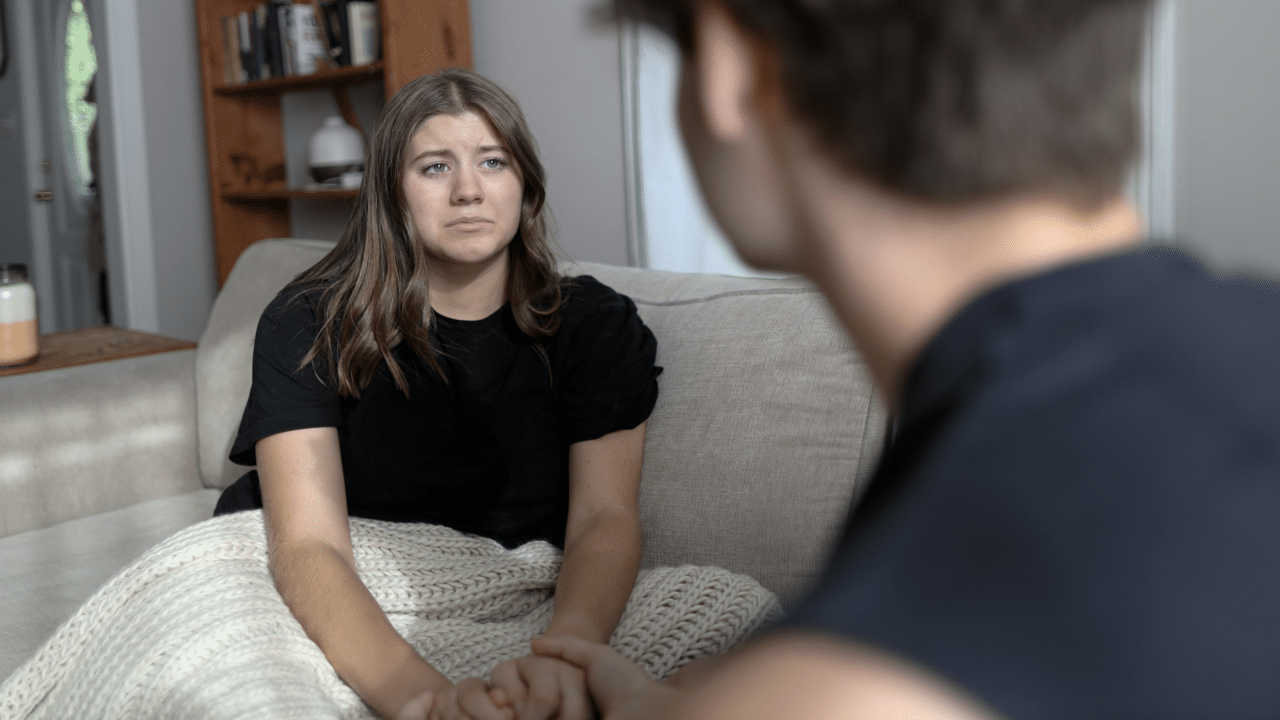
Empathy is one of the clearest markers of love. When you stop caring about how your partner feels–or worse, when their emotions start to irritate you–it’s a warning sign. Indifference is the opposite of love, not hate. If you find yourself emotionally checked out during their moments of joy or pain, it’s worth asking why.
You Start Fantasizing About Other Lives (or People)

It’s normal to occasionally wonder about alternate realities–but when you consistently imagine a life without your partner, that’s your subconscious waving a flag. Fantasies about freedom, independence, or new love often point to dissatisfaction you haven’t addressed. It’s not about guilt; it’s about honesty with yourself.
You Feel Like Roommates, Not Lovers

You still live together, share bills, and maybe even laugh–but the romantic spark is gone. You operate like co-managers of a household, not partners in love. This stage can last years if unaddressed because it feels comfortable. But comfort without connection eventually turns into quiet loneliness under the same roof.
You Stop Trying to Fix What’s Broken

When people stop trying, it’s rarely sudden–it’s exhaustion disguised as acceptance. You might think, “What’s the point?” when conflict arises or choose silence instead of resolution. But healthy love requires effort. When apathy replaces effort, the emotional bond is already unraveling beneath the surface.
You Keep Score Instead of Showing Grace
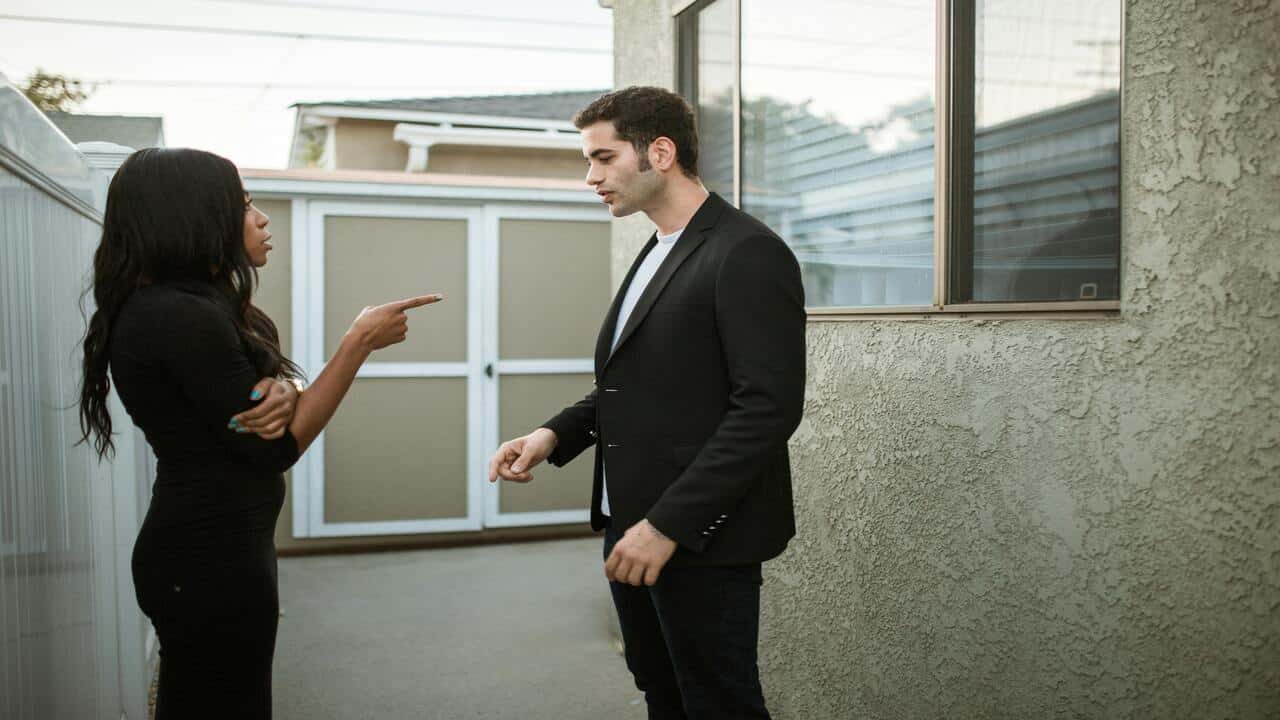
Once you start mentally tallying who did what wrong, you’ve shifted from “us” to “me versus you.” Keeping score is a defensive move–one that replaces compassion with competition. Love can’t survive in that space. If you notice yourself constantly recalling old grievances, it’s a sign your emotional connection is weakening.
You Feel Unseen or Unheard–And Stop Speaking Up

Being ignored hurts, but giving up on being understood is worse. When love fades, one or both partners stop trying to bridge that emotional gap. You might think, “They’ll never get it,” and slowly retreat into silence. Over time, that silence becomes the loudest signal that the relationship’s emotional intimacy is gone.
You Compare Your Relationship to Others Constantly
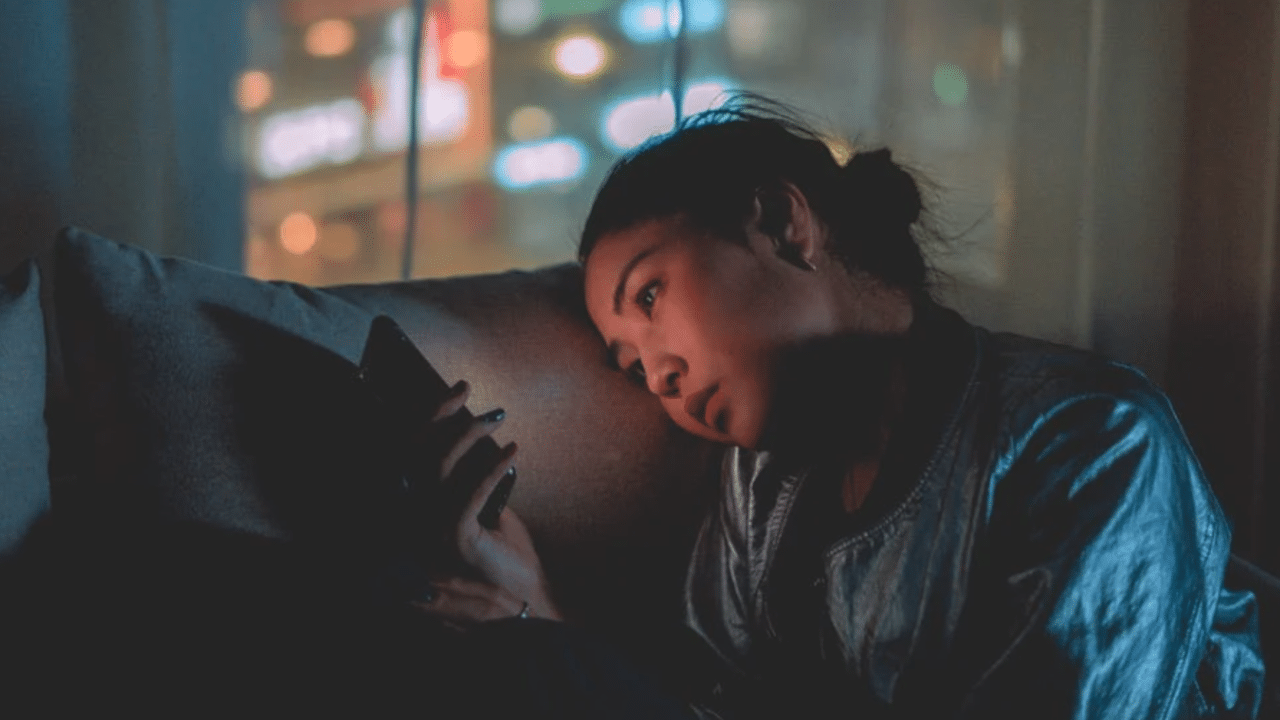
It’s one thing to admire healthy couples–it’s another to feel constant envy or resentment. When you start comparing your relationship to others, it usually means your emotional needs aren’t being met. Instead of blaming or idealizing others, reflect on what feels missing between you and your partner and whether it’s repairable.
You Feel More Peace Imagining the End Than Fixing It

This is the final and clearest sign. When thinking about the relationship ending feels like relief rather than grief, love has already faded. That doesn’t mean you’ve failed–it means something vital has shifted. The healthiest choice then is honesty: whether that means rebuilding with fresh intention or finding peace in letting go.



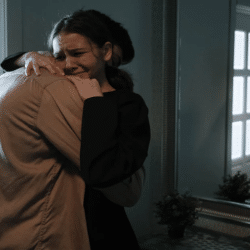


Ask Me Anything